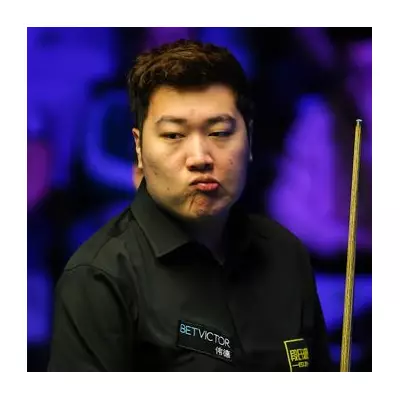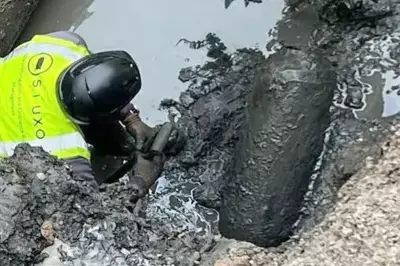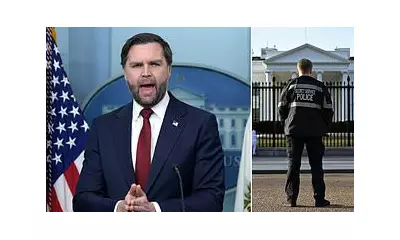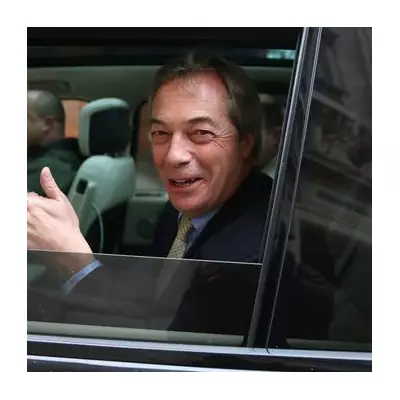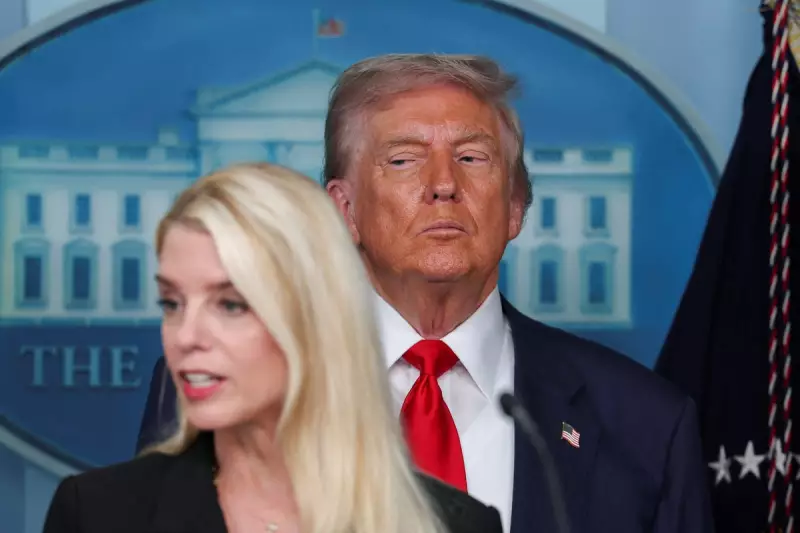
In a volcanic outburst on his Truth Social platform, former President Donald Trump has launched an extraordinary broadside against American prosecutors and the Democratic Party, accusing them of orchestrating a systematic campaign of legal persecution.
The 45th President alleged that multiple criminal cases against him represent nothing less than a coordinated attempt at 'election interference' by his political opponents. His tirade specifically targeted prosecutors in New York, Georgia, and at the federal level, claiming they are doing the bidding of the Biden administration.
The Core Allegations
Trump's incendiary claims centre on several high-profile investigations and indictments he currently faces. These include:
- New York business fraud case: Allegations of falsifying business records
- Georgia election interference case: Claims of attempting to overturn 2020 election results
- Federal classified documents case: Handling of sensitive materials after leaving office
- January 6 investigation: Role in Capitol riots
In his characteristic hyperbolic style, Trump framed these legal challenges as 'the greatest witch hunt of all time,' suggesting they represent an unprecedented weaponisation of the justice system against a political opponent.
Political Context and Timing
The outburst comes at a critical juncture in American politics, with Trump maintaining a dominant position in Republican primary polling despite his legal troubles. Many observers see his strategy as attempting to frame any legal setbacks as politically motivated, thereby galvanising his support base.
Legal experts remain divided on the merits of Trump's claims. While some acknowledge the unusual nature of prosecuting a former president and current candidate, others point to substantial evidence supporting the various cases.
The Department of Justice has maintained its operational independence throughout these investigations, with Attorney General Merrick Garland repeatedly emphasising the department's commitment to following the facts without political consideration.
Broader Implications
This development raises profound questions about the intersection of law and politics in the United States. The situation represents uncharted territory for American democracy, testing institutions and norms in ways previously unimagined.
As the 2024 election cycle intensifies, these legal battles are likely to remain at the forefront of political discourse, ensuring that questions about justice, accountability, and political motivation will continue to dominate national conversation.


